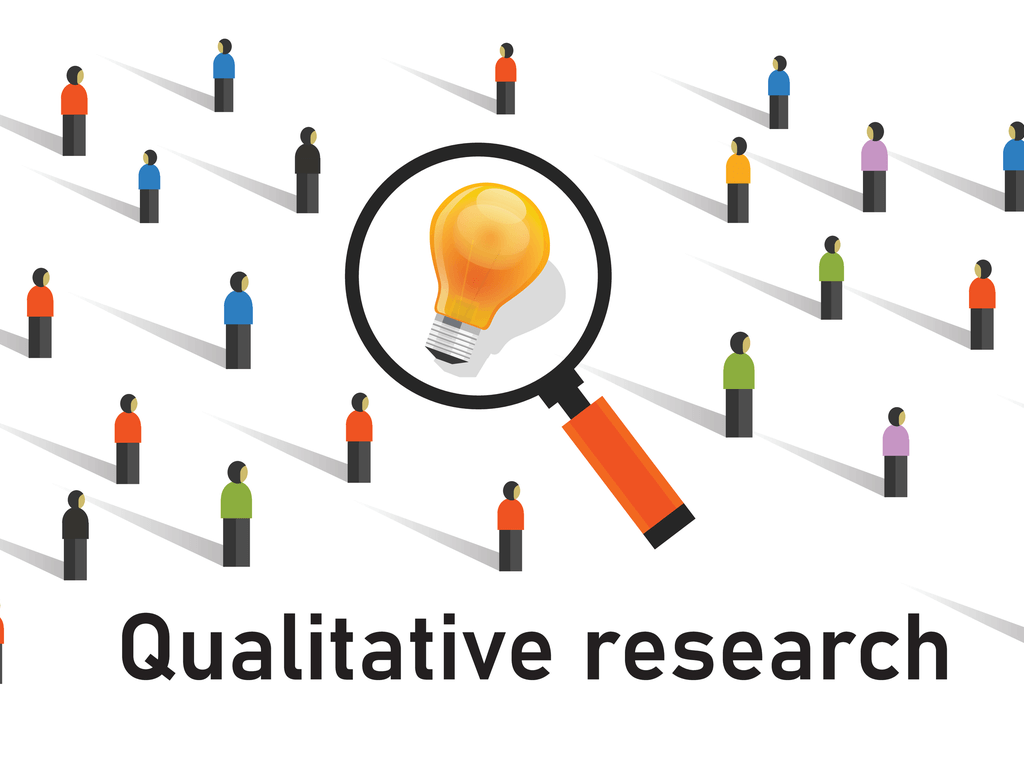When Do You Want Qualitative Data Instead of Quantitative Data?
You likely already know the difference between qualitative and quantitative research. Qualitative research records subjective/nonnormative responses, while quantitative research tells you how much of something did or didn’t do something. They both have their uses in research, but you can improve your results by only researching when you need to. Not every question your research needs to answer needs qualitative data, and vice versa for quantitative data.
For example, if your research team is trying to accurately gauge the potential demand for your product, qualitative research isn’t going to be useful. Understand the question your research needs to answer and you can better understand whether it’s worth using qualitative, quantitative, or both.
The Wrong Time For Qualitative Research
In the previous example, it may seem like qualitative research is useful at first. The basic question a survey can ask in this situation is if someone is planning to purchase a product. This may make qualitative data feel useful, but remember what the goal is. It isn’t actually to find out the answer of any specific question, but to find out how many say “Yes.”
The singular qualitative data about whether each specific consumer would purchase a product isn’t useful on its own. One consumer will not make or break a product’s launch. You need quantitative data that shows you whether there are enough people to make your product a success and how much product you should produce.
It doesn’t matter what one singular consumer says about your product, but what your potential consumer base says they will or won’t by a large majority. So, if the question you need answered is ultimately based on an amount, it is not the best time to focus on qualitative research.
The Best Time for Qualitative Research
You want qualitative research when you only need to know the thoughts of one or a few of your respondents. The question your research is asking and trying to answer has no objective answer. The answer is not “yes” or “no,” and no numerical value will suffice. There needs to be a subjective answer, and the more detail, the better so you can come close to an answer for your question.
For example, if you’re looking to find out how you can improve your service or product, you can research statistics, perform experiments, hand out surveys, and/or ask for reviews. The qualitative data you receive from these avenues can help you make adjustments to your product and improve its chances of success. These answers will not be objective and should have a variety of answers that you can consider.
While you may collect quantitative data when collecting large amounts of data, it’s not useful for finding the answer to your question. Knowing that a lot of people enjoy or don’t enjoy your product is useful, but you can’t answer the question your research is meant to answer. You need to know who, how, and why they enjoy or don’t enjoy your product to understand what you need to try changing or what you need to leave the same.
Qualitative Research Services For Your Market Research
Qualitative and quantitative research both have their uses, and can help you improve your product and business model in a number of ways. But market research is time-consuming, exhaustive, and a drain on company resources. Focus Forward knows this, so we offer to help you through several steps of the research process with our qualitative research services.
Our team has years of experience in finding research participants who can provide qualitative data that can prove critical to the results of your market research project and your business overall. Contact us to learn more about how Focus Forward can help you conduct market research.






